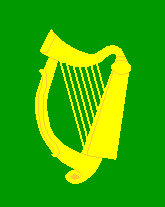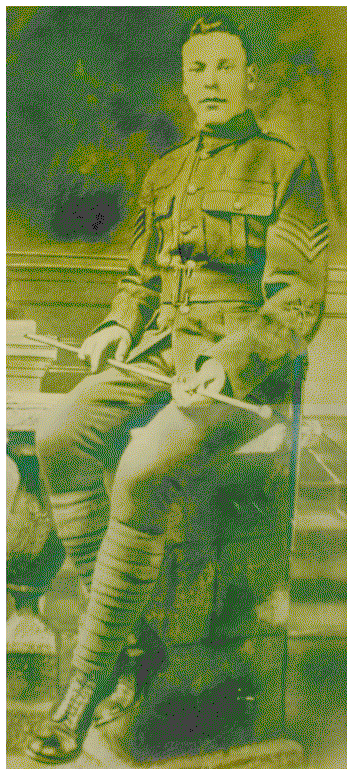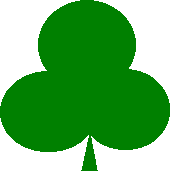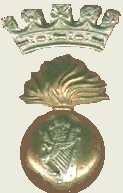



|
 |

|
This Webpage is to commemmorate Sgt Patrick Doherty, of the 7th/8th Royal Irish Fusiliers, 16th Irish Division,who took part in the Battles of Guillemont and Ginchy, where he was severely wounded.
On his return to Ireland he was one of the many Irish Catholic soldiers who, with the creation of the Irish Free State in 1922 received the rawest of deals from their fellow countrymen. You can read his story below
|
Patrick Doherty joined the Royal Irish Fusiliers in 1915. He was recruited into the 4th (Extra Reserve) Battalion which was formed in Cavan in 1914. He was passionate about Ireland and his army recruiting papers, under the section "Identification Marks", state that he had clasped hands with Erin-go-bragh tattooed onto his left forearm. The battalion was stationed in Belfast and Carrickfergus in 1914. It moved to Buncranna in 1915 and this is where, as a Donegal man, he enlisted. In April 1915 the battalion was moved to Belfast and they were stationed there until the Easter Rising in 1916. Patrick very quickly became a corporal and early in his army career he displayed a talent for sharp shooting, eventually becoming "Brigade Shot". He carried the crossed rifles on the sleeve of his uniform. Sometime in 1916 he was promoted to sergeant. It is not known if this happened after the Dublin Rising or as a field promotion in France. There is no evidence to confirm how he came by his new role of sergeant. In a letter an army colleague recalls Patrick's nature and confirms his involvement in the Easter Rising. "Has your visit to France changed that wild nature that was ever desirous of exploring and roaming and doing all kind of things which is contrary to the more timid nature of the average human animal? I remember you in the Dublin Rising ever anxious to be in the thick of the fight." Patrick Doherty's first experience of armed conflict was not with the Germans but with his fellow countrymen in trying to quell the Easter Rising. As Irish Nationalist Catholics he and his colleagues would pay a high price for their involvement in both conflicts. Following the Easter Rising he was transferred to 7/8 Royal Irish Fusiliers which became part of 49 Brigade, 16th (Irish) Division. 49 Brigade was known by the others in the 16th ( Irish) Division as "The Runt". It was the last brigade of the Division to leave for France as there had been problems with recruiting and training. However, in the Somme campaign they were to earn their place and a great deal of respect in the bloody battles of Guillemont and Ginchy. The carnage of those battles was best summed up by Father Willie Doyle, Padre to the 16th (Irish) Division who on one night in the front line with the Royal Irish Fusiliers described the scene in front of him. "The first part of our journey lay through a narrow trench, the floor of which consisted of deep thick mud and the bodies of dead men trodden underfoot" The men emerged into a "charnel house" of evil-smelling British and German corpses mixed together and locked in fighting embrace. Second Lieutenant Young of the 7th Royal Irish Fusiliers wrote a few days later, "A shell landed in the midst of a bunch of men about seventy yards away on my right. I have the most vivid recollection of seeing a tremendous burst of clay and earth shooting up into the air - yes and even parts of human bodies. I remember men lying in shell holes holding out their arms and beseeching water. I remember men crawling about and coughing up blood as they searched for some place in which they could shelter until help could reach them." Patrick Joseph Doherty did not die on the battlefields of France like thousands of his countrymen but there were times in his life when he wished he had. Patrick was badly wounded at the battle of Ginchy. He was sent home to Ireland where he spent one year in King George V military hospital, which is now St Bricins on Infirmary Road, Dublin. It was in this hospital that he was initially treated for his physical and psychological wounds. In an early letter he claims, "My condition became so bad that I have since learned it seriously affected my mind. Had it not been for the skill and care of the eminent mental specialist Major Dawson, I am told I never should have been where I am". Patrick Doherty never really recovered from his physical and psychological wounds and he spent the rest of his life in and out of various government hospitals and institutions (eleven in total from Ireland to Scotland and England) and was subjected to humiliating and degrading treatment by medical assessment boards. Like thousands of his Irish comrades he came home to a country that shunned him and failed to recognise the part that he and thousands of Irishmen, particularly Nationalist Catholics, played in the Great War. Patrick had many injustices visited upon him in the years that followed his war service. His medical records make painful and depressing reading. The contents chart the idealism of a man who, through his brutal experiences of war and its aftermath, was left with a profound belief that he and his Irish brothers in arms would eventually be acknowledged and that years of abuse, humiliation and poverty would not go unrecognised. Patrick Doherty died as he lived, believing in an ideal. What would he now make of a country that has tragically abandoned the memory of his suffering and that of his veteran countrymen? |  |